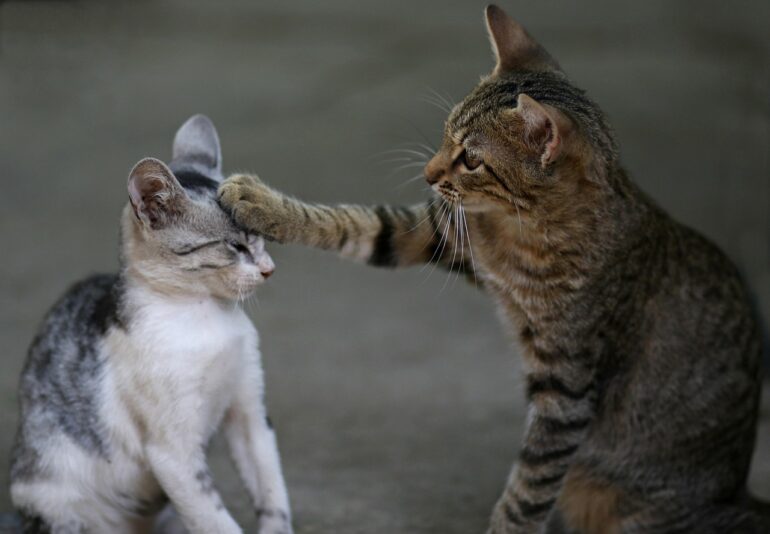In Kenya’s digital streets, humor is king. Memes and sarcasm fill our timelines daily often offering comic relief in a country where political frustration and economic pressure run high. But behind some of the laughter lies hate speech disguised as jokes.
At first glance, a meme comparing ethnic groups to animals or mocking a particular politician’s tribe might seem “just for fun.” Some even argue, “It’s just banter, we Kenyans love dark humor.” But when these jokes reinforce stereotypes, fuel division, or dehumanize others, they stop being funny and start being harmful.
During the June 2025 protests for instance, memes portraying protesters as “dirty jobless zombies” and sarcastic captions mocking Gen Z as “paid TikTok terrorists” made rounds on Kenyan X and Facebook. These weren’t harmless jokes. They shaped public perception, making it easier to justify the violence and arrests that followed. Memes that ridicule communities or political supporters often serve as a digital dog whistle sending a message of hate without explicitly saying it.
Sarcasm works the same way. Someone might tweet, “Of course they’re protesting, they don’t pay taxes anyway,” implying that youth or informal sector workers don’t contribute to the country. It’s wrapped in humor, but the underlying message is harmful it paints a whole group as unworthy of participation in national conversations.
What makes this trend even more worrying is how normalized it’s become. Online trolls, influencers, and even political propagandists often use memes and sarcasm as shields. If they’re called out, they respond with, “Can’t you take a joke?” This constant deflection makes it hard to hold anyone accountable, and over time, hate becomes embedded in our everyday language.
We must recognize that hate speech doesn’t always scream it whispers through punchlines. It hides behind memes, emojis, and viral trends. That’s why digital literacy is essential. We need to teach young people and older internet users alike that freedom of expression doesn’t mean freedom to offend or harm.
Humor can be a powerful tool for change but when it’s used to bully, stereotype, or divide, we need to call it what it is.
